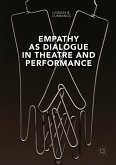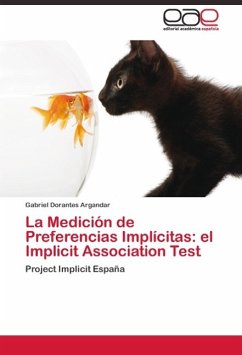Association of Ideas, or Mental association, is a term used principally in the history of philosophy and of psychology to refer to explanations about the conditions under which representations arise in consciousness, and also for a principle put forward by an important historical school of thinkers to account generally for the succession of mental phenomena. One idea was thought to follow another in consciousness if it were associated by some principle. The three most commonly asserted principles of association were similarity, contiguity, and contrast, but numerous others had been added by the nineteenth century. By the end of the nineteenth century physiological psychology was so altering the approach to this subject that much of the older associationist theory was rejected.Nevertheless, the everyday observation of the association of one idea or memory with another gives a face validity to the notion. In addition, the notion of association between ideas and behavior gave some early impetus to behaviorist thinking. The core ideas of associationist thinking recur in some recent thought on cognition, especially consciousness.







